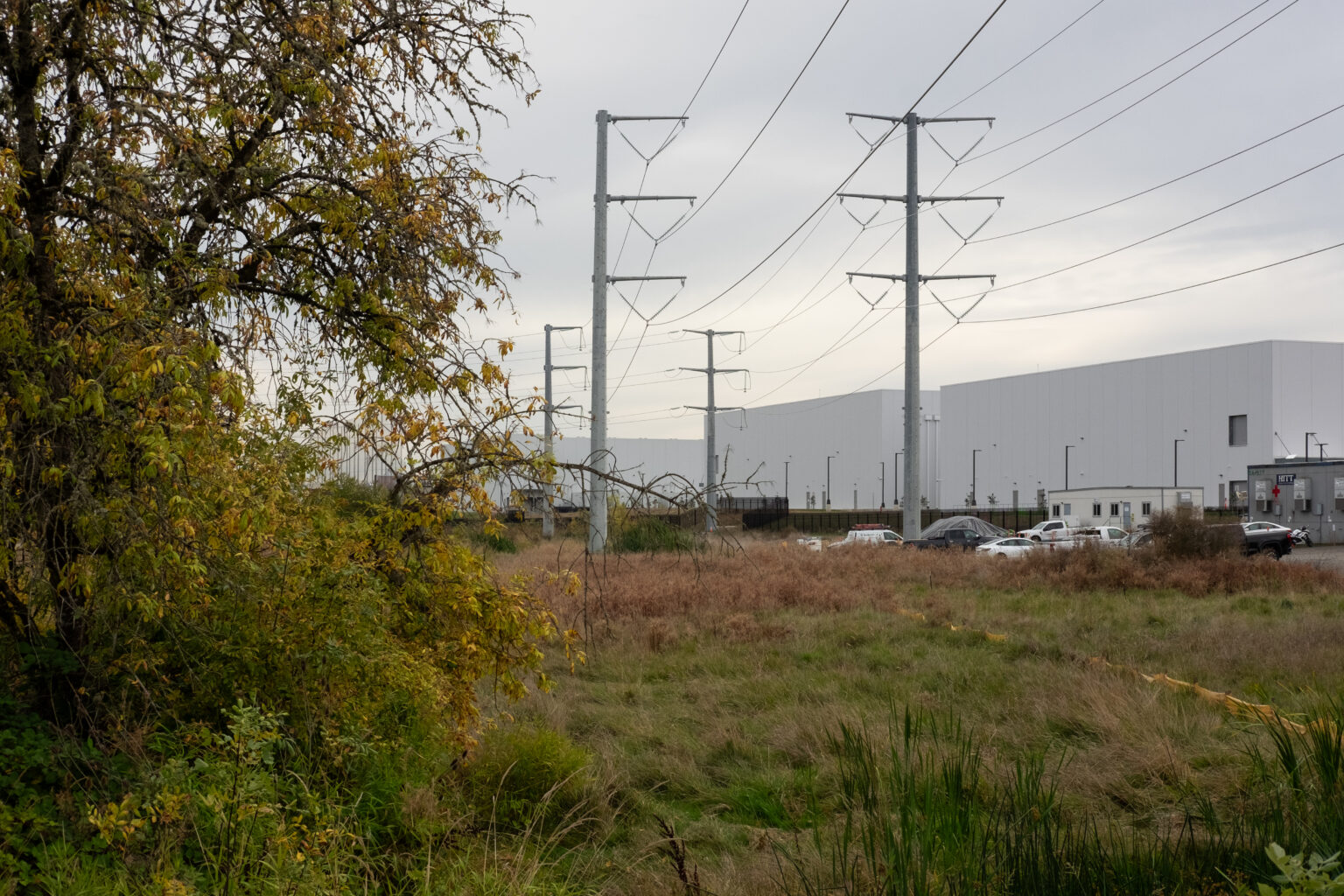Capital Chatter: Political disfunction
Published 12:00 am Thursday, June 11, 2020

- Capital Chatter: The real reason that HB 2020 failed
One legislative bill exemplifies the dysfunction within Oregon’s political establishment.
No, it is not the infamous carbon cap and trade legislation. It was this year’s proposal to mandate safe storage of guns.
The inability to come up with an agreeable solution boggles the mind. Almost everyone believes it is a bad idea to leave guns where toddlers can find them, violence-prone thieves can take them or people at risk of suicide — the leading cause of gun deaths in Oregon — might use them.
More than two months have passed since the 2020 legislative session disintegrated. Perhaps now we can look back more objectively. The lessons may be illuminating as Oregon confronts the intertwined issues of social injustice and public health.
Generally speaking, Democrats favor government regulation and Republicans favor personal decision-making and responsibility. On gun issues, legislators are divided even more by geography than by party label.
HB 4005, pushed primarily by urban Democrats, would have required firearm owners to keep weapons guns locked with a trigger or cable lock, in a locked legal container or in a gun room when the firearms were not under the control of the owner or authorized user.
The bill gave Republicans and some rural Democrats heartburn. They believe even a few seconds to unlock a gun from a cable or safe would be a life-or-death delay. Some people, including Democrats, sleep with a pistol on their nightstand or under their pillow because of credible threats and the relative absence of local law enforcement. Others keep firearms at the ready because of predators attacking their livestock. Those are legitimate rationales.
Some people keep their guns locked up, with ammunition stored separately, because they want to ensure a few moments of situational awareness before they hold a loaded weapon. That is a legitimate rationale.
The bill’s backers watered down the penalties and carved out exceptions in an effort to draw more support. At that point, it seemed the only purpose of the bill was to make a statement. Opponents feared the goal was to pass it, expand it in future legislation and eventually take away people’s gun rights.
I kept wondering, if people agree on the problem, why can’t they collaborate on the solution. Perhaps legislation is not the cure.
Advocates portrayed gun-storage laws as akin to how seat belt regulations have achieved high compliance, reducing injuries and deaths.
As someone who passionately believes in seatbelts, and who neither owns firearms nor desires to, I understand the lure of that comparison. But it cracks under history.
The key to seat belt use was education and advocacy. Enforcement helped. But laws themselves don’t guarantee behavior; if they did, motorists would not constantly be passing me when I’m driving 65 mph on I-5.
In the same vein, designated drivers have become a societal norm. Thanks to advocacy and understanding about the impact of drunken driving, no longer is it uncool to be a non-drinking driver, to stay overnight at a friend’s after drinking alcohol or to have a bartender help a patron get a cab or other ride home.
Furthermore, unlike seat belt use, gun safety often does not play out in public. Unless something goes wrong, society will never know whether a firearm was safely secured.
Why have the various sides in the gun debate failed to collaborate on widescale information and advocacy to promote gun storage. Oh, that would require first building trust.
Which brings us to race and the role of law enforcement. This also should be an area where people can find common ground.
Indeed several Republican lawmakers have joined Democrats from the Oregon Legislative People of Color Caucus in calling for Gov. Kate Brown to convene a special legislative session within 30 days to address police accountability.
The bipartisan group supports legislation from Sen. Lew Frederick, D-Portland, that would “prohibit an arbitrator from lessening disciplinary action against a law enforcement officer if the arbitrator and the law enforcement agency determine that the officer has committed misconduct.”
Of course, legislators for weeks also have been asking Brown to call a special session dealing with the pandemic. The eventual special session would allow them to take up myriad issues.
This week I talked with Rep. Peter DeFazio, a Springfield Democrat, about the federal Justice in Policing Act. He is a co-sponsor.
Oregon has a well-respected public academy, especially in comparison with other states, DeFazio said. But Oregon is not immune to police overreach.
Critics contend police handle too many responsibilities beyond those that require an armed officer. Many law enforcement officers would agree. They are expected to be social workers, mental health counselors and drug-treatment providers.
Oregon has one answer. For more than 30 years in Eugene, and now Springfield, two-person crisis teams of a medic and mental health worker respond to many non-violent situations that police in other cities typically handled. White Bird Clinic’s CAHOOTS teams (Crisis Assistance Helping Out On The Streets) have been lauded nationally in recent days.
DeFazio said his goal is not to abolish or defund police but to redefine their roles and reallocate funding to support work better done by non-police.
I pointed out to DeFazio that Oregon and its local governments have a habit of launching such programs with great promise, cutting them during hard times and leaving police departments to pick up the pieces.
Will now be any different?
As DeFazio ruefully noted, “We don’t invest in society at the front end.”
Dick Hughes, who writes the weekly Capital Chatter column, has been covering the Oregon political scene since 1976. Contact him at TheHughesisms@Gmail.com , Facebook.com/Hughesisms, YouTube.com/DickHughes or Twitter.com/DickHughes.





